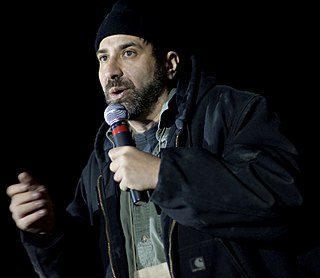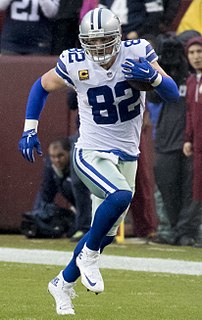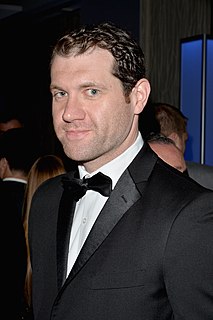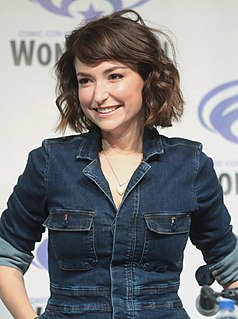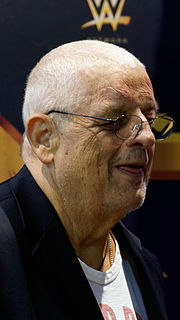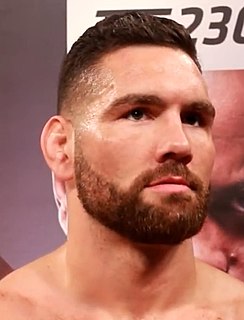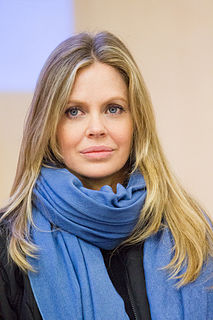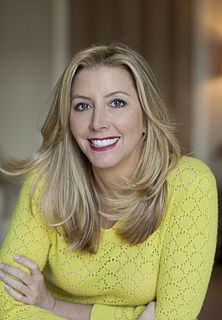A Quote by Dave Attell
My day jobs... I knew I was bad at those, so I didn't really have the confidence to think that I could do comedy. But I knew I hated the day jobs.
Related Quotes
I was bad at sports and picked last every day. I couldn't quite figure out what my role was in the social order, so I decided I was interested in comedy. And what was then interesting was, nobody else was interested in it at all. I didn't find one friend who was interested in comedy until I moved to California and met other comedians. And suddenly I knew hundreds of people who knew as much about SCTV as I did. But it took me 20 years to find those people.
I think jobs can have a big impact. I think if we continue to create jobs - over a million, substantially more than a million. And you see just the other day, the car companies coming in with Foxconn. I think if we continue to create jobs at levels that I'm creating jobs, I think that's going to have a tremendous impact - positive impact on race relations.
When I was in high school in the early 1970s, we knew we were running out of oil; we knew that easy sources were being capped; we knew that diversifying would be much better; we knew that there were terrible dictators and horrible governments that we were enriching who hated us. We knew all that and we did really nothing.
There are lots of examples of routine, middle-skilled jobs that involve relatively structured tasks, and those are the jobs that are being eliminated the fastest. Those kinds of jobs are easier for our friends in the artificial intelligence community to design robots to handle them. They could be software robots; they could be physical robots.
The good thing about doing a comic that's entirely my own voice as a debut is that people approached me with similar jobs, with stuff that they knew that I could do justice to because they had read what I'd already done. It meant that I was getting jobs that I was actually interested in, and I didn't have to prove myself on someone else's property.
